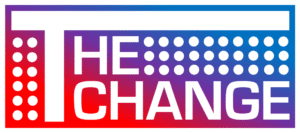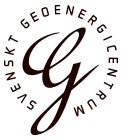 The CHANGE – Cooling and Heating Transition Acceleration via Network Geothermal Energy
The CHANGE – Cooling and Heating Transition Acceleration via Network Geothermal Energy
Overview:
”The CHANGE” project focuses on advancing Geo5GDHC (Geothermal 5th Generation District Heating and Cooling) systems to improve the efficiency and sustainability of urban energy networks. The project aims to develop tools and methodologies for optimizing the design and operation of geothermal-based heating and cooling systems in various urban contexts.
Objectives:
The key objectives of the project are to:
- Develop fast modeling tools for estimating building heating and cooling loads.
- Create detailed models of key components, such as heat pumps and borehole heat exchangers, to support accurate system simulations.
- Build a simulation platform to evaluate the performance of Geo5GDHC systems over their lifecycle.
- Develop algorithms to automate the design of district heating and cooling networks.
- Validate the developed tools through field demonstrations in partner countries.
- Disseminate findings to support the broader adoption of Geo5GDHC systems.
Approach:
The project is organized into seven work packages:
WP1: Fast Building Modeling — focuses on developing tools for rapidly estimating building energy loads.
WP2: Component Modeling — creates models for critical system components, including heat pumps and piping.
WP3: Design Simulation Development — develops simulation tools to evaluate system performance and inform design decisions.
WP4: Automated Design Algorithms — focuses on creating algorithms to automate the design of heating and cooling networks.
WP5: Demonstration and Validation — validates the tools and models through real-world demonstrations.
WP6: Dissemination of Results — ensures findings are shared through publications, workshops, and online platforms.
WP7: Project Management — coordinates the overall project activities, ensuring alignment with objectives and timelines.
Impact:
The project aims to contribute to the development of more efficient and sustainable district heating and cooling systems by leveraging geothermal energy. The outcomes are expected to support cities and communities in reducing their energy consumption and carbon emissions, contributing to broader climate and energy goals.
Contact:
For more information and updates, please visit our website or contact the project coordinator, Akram Abdul Hamid, at Lund University, Division of Building Physics.
